Difficult Novels
There is something incredibly patronizing about “readability” being the exclusive domain of the “common reader,” and about the way it continues to inform aspects of literary criticism.
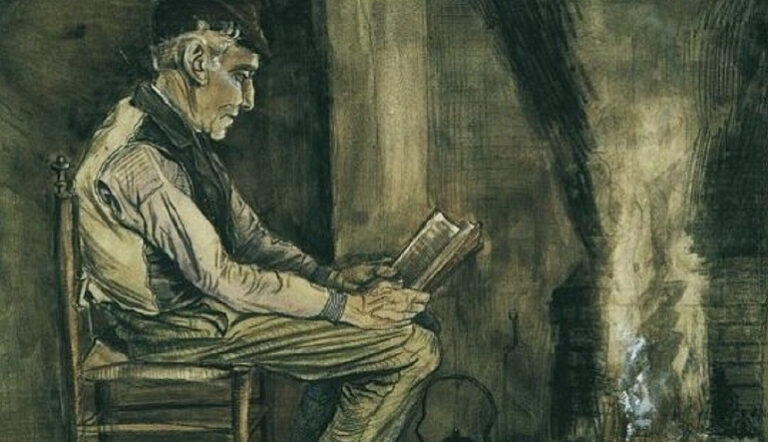
There is something incredibly patronizing about “readability” being the exclusive domain of the “common reader,” and about the way it continues to inform aspects of literary criticism.
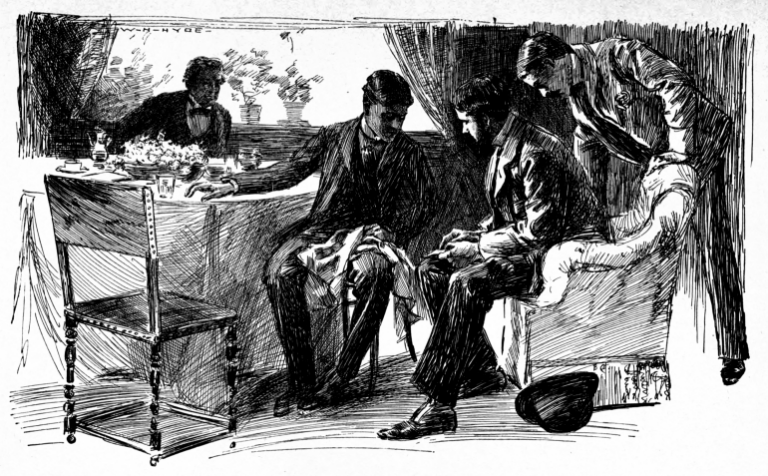
How difficult is it for a story to move continents? One of Sherlock Holmes’ early Chinese translators, Cheng Xiaoqing, decided to find out, transplanting Sherlock Holmes from the foggy streets of nineteenth century London to his own Republic-era Shanghai.
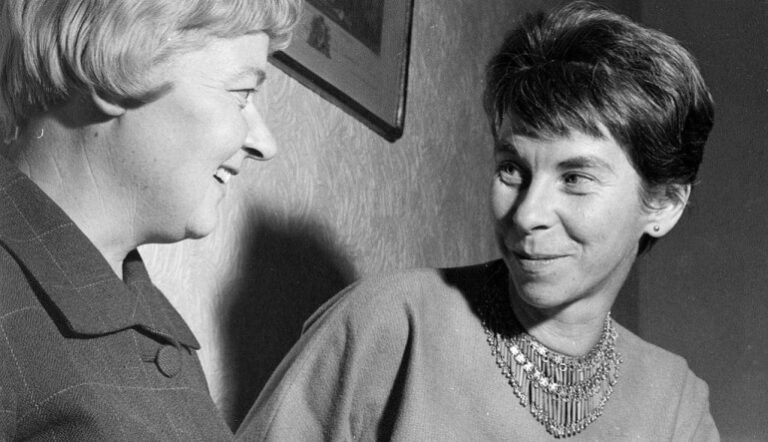
Jansson’s 1989 novel serves as a particularly poignant antithesis of the “loner artist” narrative, dealing instead with a loving partnership that, rather than getting in the way of artistic work, lifts and expands it.
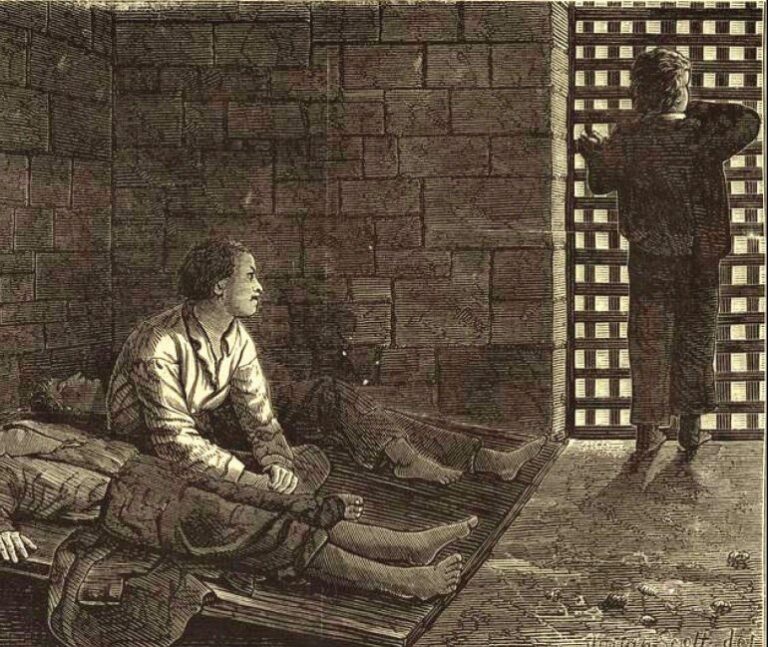
Austin Reed’s 1858 book evades generic stability, blending memoir with picaresque, bildungsroman, jeremiad, and others to reveal the injustice of the justice system and the perpetuation of a criminal cycle as enforced by a racist state.
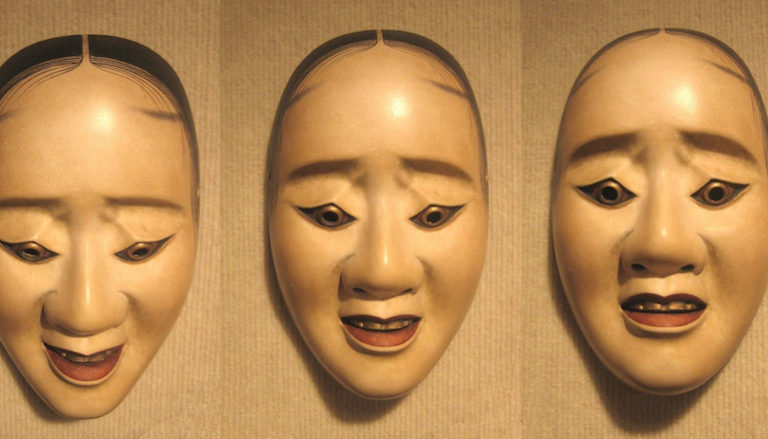
Fumiko Enchi’s 1958 novel, 女面, grapples with women’s rage within a system that is structured to work against them, as well as the ways some women perform what is expected of them in order to usurp the system itself—with messy consequences.
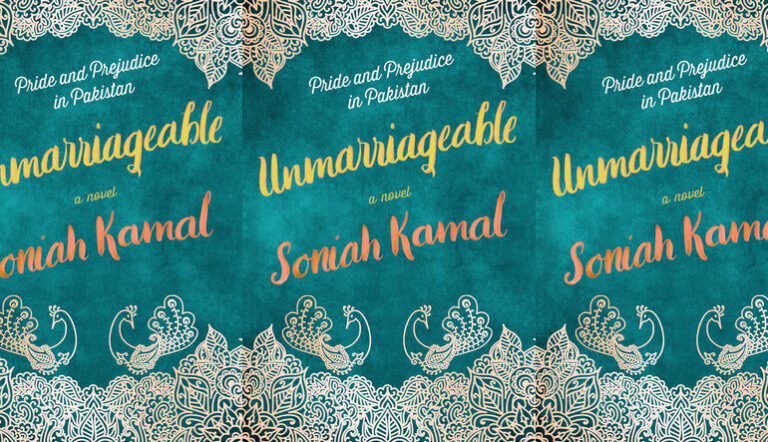
In taking pains to detail both the glittering weddings and the modern questions that lie, unanswered, beneath those elite celebrations, Soniah Kamal’s new novel strives to show us a complicated social status.
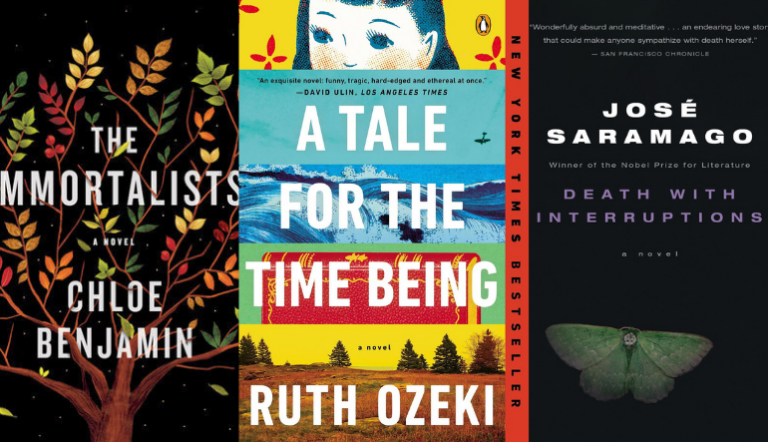
Literature, as a territory of creative speculation, appears especially attuned to tracking our ever-evolving relationship to death and its consequences on how we lead our lives, how we relate to others, and how we cultivate any sort of moral compass.

Laura Sims’ first novel considers what happens when infatuation, driven by depression and society’s subtly crushing expectations, is given room to fester into something closer to violent obsession.

By making her first novel’s characters classicists, Donna Tartt lets us in on the trick: that this book is, in essence, a modern day Greek tragedy.
No products in the cart.